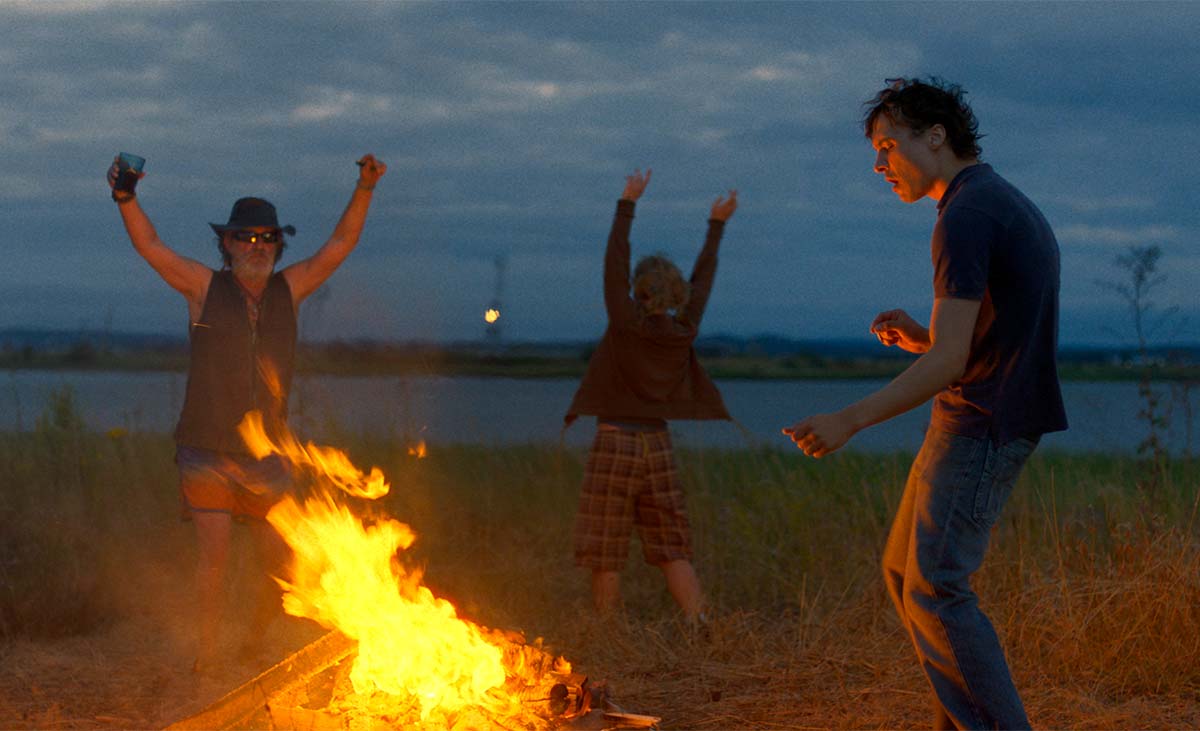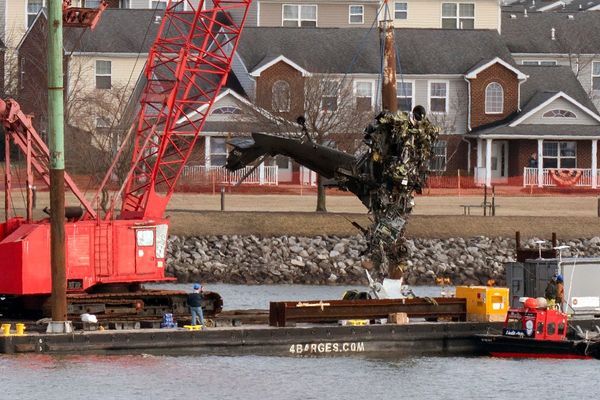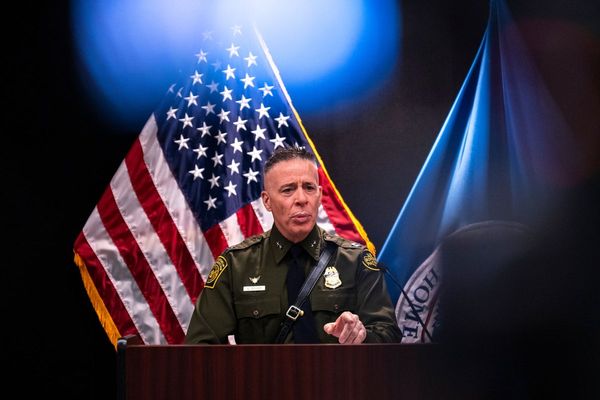Harris Dickinson is a name you’ll be hearing a hell of a lot more of once he debuts as John Lennon in Sam Mendes’ quartet of Beatles biopics. And he’s moved that discerning hand of his behind the lens for his directorial debut, Urchin.
It’s the opposite of a vanity project. In fact, it’s exactly the kind of work you hope for from an actor-turned-director – proof that Dickinson hasn’t wasted the enviable cinematic education provided to him by past collaborators Joanna Hogg, Steve McQueen and Babygirl’s Halina Reijn, and that he’s meaningfully considered what he can contribute by stepping behind the camera.
Urchin, a social-realist project with roots in Mike Leigh’s work, is open both to the kind of abstractions McQueen might pursue and to the sweeter, observational humour that Charlotte Regan championed in Scrapper, another Dickinson-starrer. But all that style has a focused purpose: it lets us climb inside the head of its protagonist Mike (Frank Dillane), homeless and trapped in the addiction spiral, while faithfully depicting his extreme marginalisation from society.
Cinematographer Josée Deshaies might set up her camera on the other side of a busy road, so that we can only steal a few looks at Mike asking commuters for spare change. Then, when he’s alone in the shower, surrounded by silence for the first time in who knows when, the camera careens down the plughole and into his psyche – all hellish volcanic rock, amoebae, and water-slick caverns.
To whittle it all down, the point of Urchin is that – if we have not shared in his direct experience – there are parts of Mike we can understand and parts we cannot, parts that seem even beyond his own reach. He might never process why, when a businessman offers to buy him a meal, he knocks him out and takes his wallet, though Alan Myson’s throbbing score captures the adrenaline spike that comes with it. Whether by trauma, desperation, or addiction, the brain has a wily way of separating from itself.
Mike is jailed for the crime. On his release, he uses what meagre resources are offered to him to attempt a fresh start. Meditation tapes in hand, he lands a spot at a hostel and a job in a hotel kitchen. Dickinson, who put his script through an intensive feedback process, is clearly interested in how Mike navigates these spaces; in what he shares in common with the other minimum-wage workers, and what he doesn’t.
There’s a striking conversation he has with a French co-worker named Andrea (Megan Northam), who’s made the conscious decision to live humbly. She owns a caravan out in a field, and preaches to Mike that he “can make the choice to be free” of his economic burdens. That doesn’t mean much to him. His confusion mutates into resentment when he learns what happened to another, also homeless, acquaintance of his (Dickinson, in a small but effective turn).

The simultaneous knowability and unknowability of Mike only fully works because of Dillane’s performance. Recognisable from his roles in Harry Potter and Fear the Walking Dead, the actor blossoms in what might be his most substantial role yet, completely undeterred by his character’s tricky contradictions.
Yes, Mike can be the vulnerable, frightened kid and the violent aggressor, the dreamer and the cynic, the disassociated wraith and the soul giddy with promise. Dickinson doesn’t end Urchin on a note of sentiment or tragedy, but somewhere in the very human middle of it all – and in doing so announces himself as a director with real guts.
Dir: Harris Dickinson. Starring: Frank Dillane, Megan Northam, Karyna Khymchuk, Shonagh Marie, Amr Waked. Cert 15, 99 minutes.
‘Urchin’ is in cinemas from 3 October







